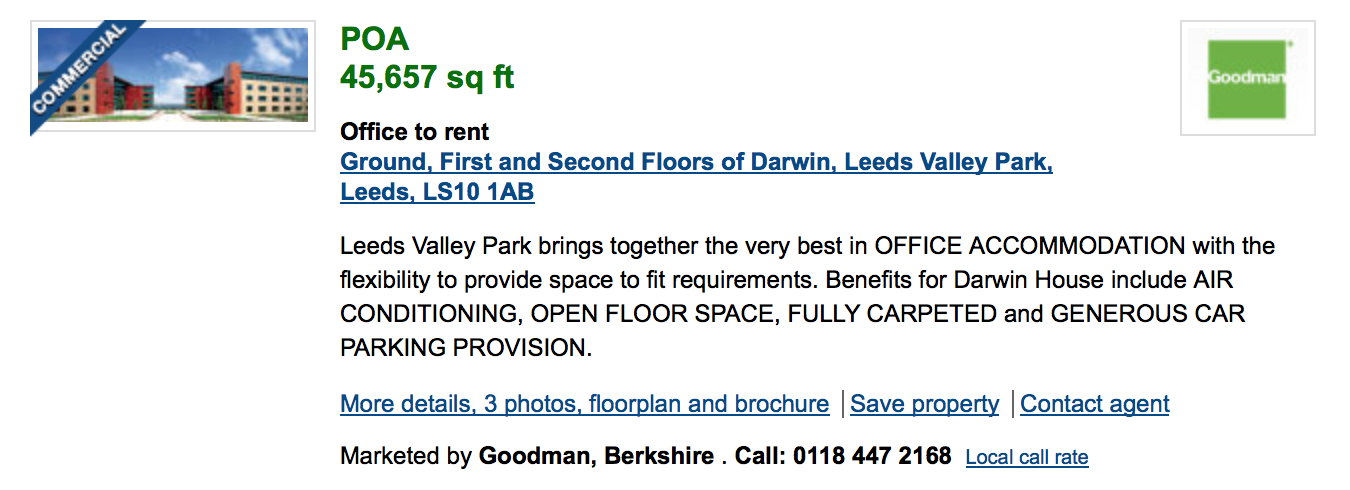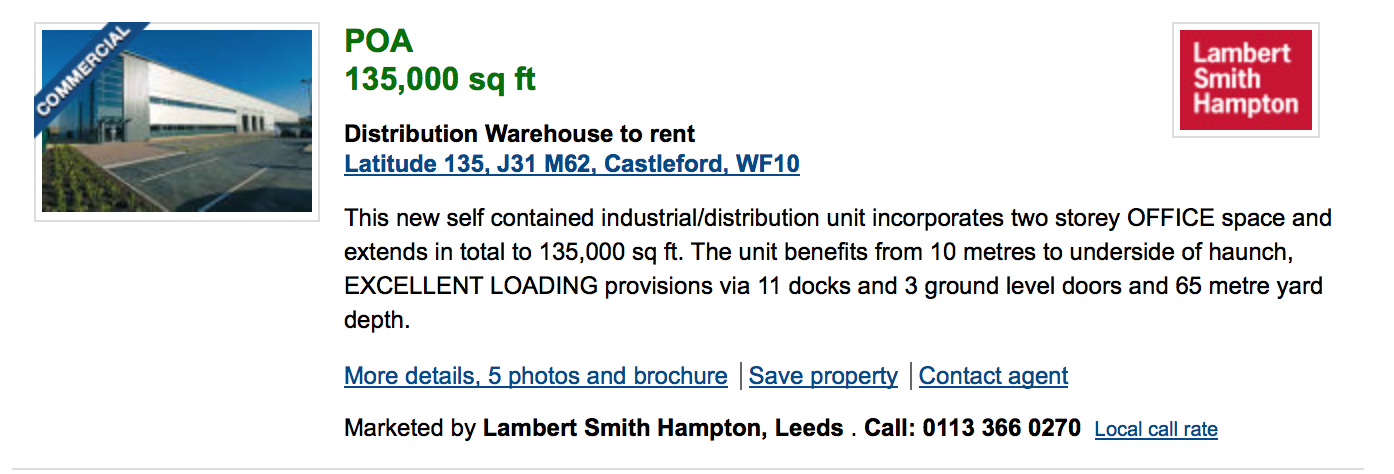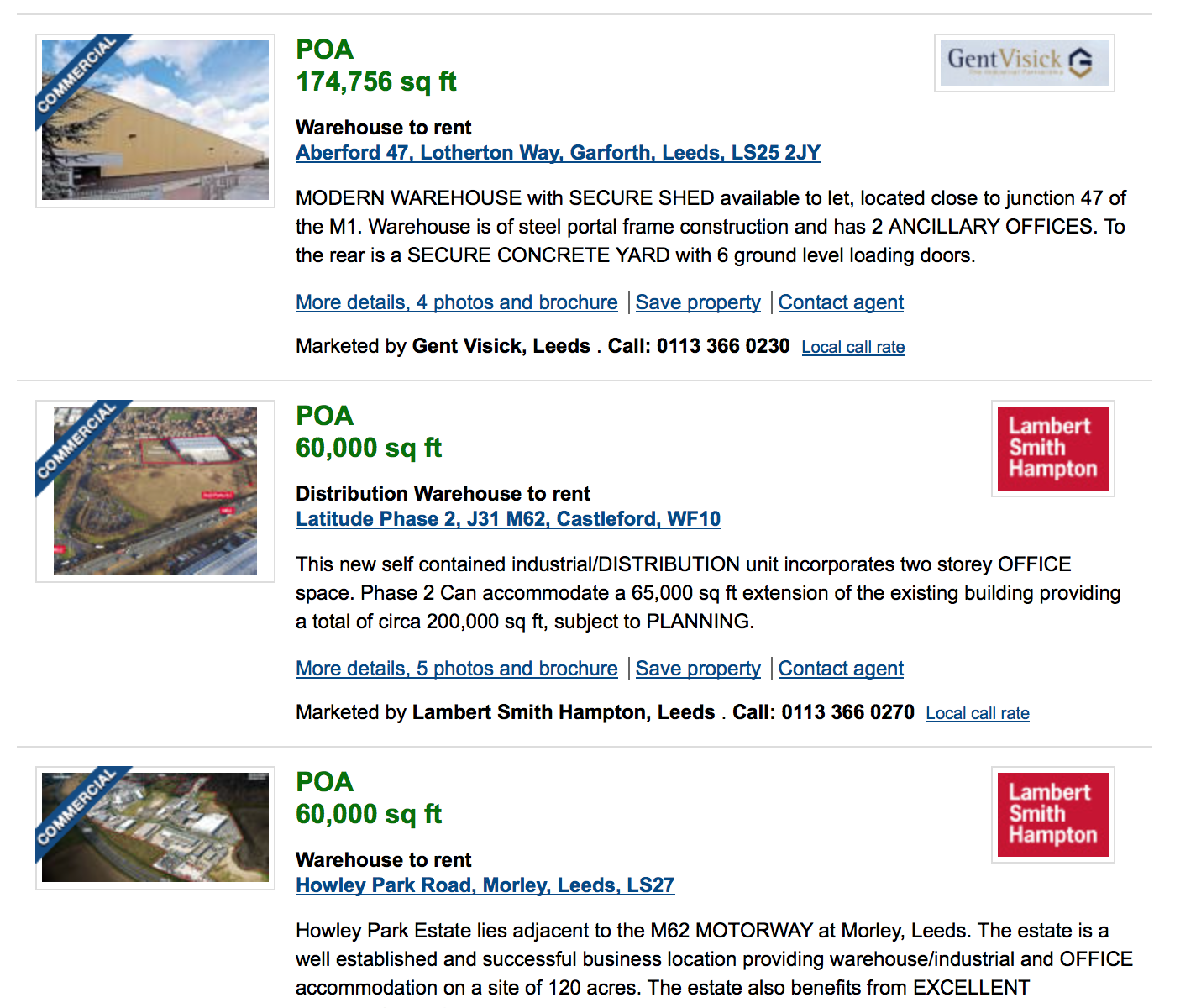In Johns PPP session he presented us with some questions to bare in mind when working with our business
What is the nature of your business?
We all decided upon working with typography, but more precisely working with 3D typography installations. An example of work we wish to pursue are things like, the Trinity 'T' in Leeds and the 'Iamsterdam' Sign.
Where Will you work from?
Working from home?
Source:
http://www.forbes.com/sites/kevinkruse/2012/12/18/benefits-working-from-home/
http://www.bayt.com/en/career-article-1601/
'A survey summarized in the Microsoft whitepaper,Work without Walls, indicates the top 10 benefits of working from home from the employee viewpoint. In reverse order:
10) Environmentally friendly (23%)
9) More time with family (29%)
8) Less stressful environment (38%)
7) Quieter atmosphere (43%)
6) Eliminate long commute (44%)
5) Less distractions (44%)
4) More productive (45%)
3) Avoid traffic (47%)
2) Save gas (55%)
1) Work/home balance (60%)'
'Advantages
By working at home you save on many hidden costs associated with going to work. These include costs of commuting, car wear and tear, fuel, road taxes, parking as well as indirect costs such as expensive professional wardrobes and the dry-cleaning of those. Often you can also save on older children’s care arrangements although for younger children it is highly unadvisable to forgo the childcare arrangement and try to balance close care and supervision with the demands of the job.
Flexibility
This doesn’t just relate to timings either although the flexibility to determine your own work hours to some extent is the most important aspect of this. You can also determine your environment, lighting, temperature, setting, mood; basically work in the framework that suits you best and makes you happiest and most productive.
Less distractions
Coworkers banter and distractions, unnecessary interruptions, unimportant meetings can all be avoided if you are safely at home and sealed off in your own environment which you have barricaded from any possible interruptions.
Proximity to home and family
For many, the physical proximity to family and the convenience of being at home are tremendously comforting. For parents it can be especially pacifying to know that they are very near to their children and available should they be needed for any reason. This also applies in the case of elderly care.
Less stress
The stress of commuting in bumper-to-bumper traffic at rush hour in many countries is extremely counterproductive and can lead to disgruntled workers who are already exhausted and worn before they have even begun their day. This is especially true where the workplace is far from the office. Other stresses often cited include unfriendly coworkers, a suboptimal work environment and constant distractions.
More productivity
Removed from the stresses and distractions of the workplace and working independently in their own preferred environment at their own pace, professionals are often a lot happier and a lot more productive.
Better health
Often with long commutes and anywhere from 1 to 3 hours a day spent getting to and from the workplace both physical and mental health are adversely impacted; the former as the gym hours are usually the first to go and the latter due to the stresses associated with both the commute and the workplace itself. By working at home the commuting time saved enables you to resume physical exercise, to go for a long walk for example before and after work or to join a local gym.
Better work/life balance
Work/life balance, the aspiration of the modern professional, is often achieved and tuned to satisfaction through a working at home arrangement, particularly when a professional has the flexibility to report into the office and work from the office partially as an option and can fine-tune the arrangement to achieve the most optimal balance.
Disadvantages
Isolation
Often, professionals working from home complain of isolation and loneliness given their removal from their bosses and coworkers and th is can be very depressing to some. Since the workplace provides a location to meet people and make friends for many, professionals working from home have to be more creative and resourceful in getting to know people and in staying in touch with their colleagues.
Distractions
Although office distractions are avoided by working at home, different distractions may arise. Interruptions from children, work, neighbours, friends, family may be very disruptive and special efforts must be made to make it known that you are actually working and unavailable for interruption within work hours despite your physical presence at home.
Difficulty in separating home from work
The temptation to engage in household matters since you are at home is often very strong. Suddenly you may start feeling obliged to clean the home, do the shopping, the childcare, the cooking, the home finances and the socializing all while meeting the full requirements of the job too. It is essential to draw the line between home and work so as to avoid both areas suffering.
Work doesn’t end
Since there is no-one looking over your shoulder enforcing strict hours you may feel tempted to work endlessly. This pressure to work endlessly may be compounded by the fact that you feel there are greater expectations made of you as a home-worker or by self-imposed pressures to prove yourself and your abilities in this arrangement. Moreover the lack of physical separation between home and work may add to this pressure to work endlessly.
Alienated from daily company developments
A lot can change from day to day in a company and you may find yourself removed from important developments such as staff changes, new business, changes in company direction, new competitive intelligence etc.
Danger of being overlooked for promotion
The danger of being overlooked for promotions and career development opportunities is quite real when you are away from the office and other more visible employees are actively and aggressively vying for them. An open line of communication with management and regular visits to the office are critical in order to prove your dedication and commitment to your career and to prevent the out-of-sight-out-of-mind syndrome.
Need for high self-discipline
Working from home is not for anyone. It takes a lot of dedication, self-control and discipline to motivate yourself to persevere in working at home alone over the long run without succumbing to the distractions and losing drive and momentum. Often a partial arrangement where you report into the office once or twice a week is the optimal arrangement as it allows for close interaction with colleagues and supervisors and ensures you remain in touch with company developments while still permitting you the comfort and convenience of working from home.'
From a start up organisation?
A startup company or startup is a company, a partnership or temporary organization designed to search for a repeatable and scalable business model. These companies, generally newly created, are in a phase of development and research for markets. The term became popular internationally during the dot-com bubblewhen a great number of dot-com companies were founded.
Starting a company or organisation and Corporation Tax
When you set up a new company or organisation you must tell HM Revenue & Customs (HMRC) if it's liable for Corporation Tax, pay any Corporation Tax due and file a Company Tax Return on time. You also need to take action if your previously dormant limited company becomes active again. HMRC Corporation Tax requirements are separate to what your company needs to do for Companies House. This guide explains what you need to do and when.
Clubs, societies, associations and Corporation Tax
The various requirements to tell HMRC that a company is liable for Corporation Tax, pay any Corporation Tax due and file a Company Tax Return online and on time also apply to members' clubs, Community Amateur Sports clubs, societies, associations and some other unincorporated bodies.
If your organisation is liable for Corporation Tax you must tell HMRC. HMRC need to know some information about your organisation and this is shown on form CT41G (Clubs) (see below). You must provide this to HMRC regardless of whether you have already given it to another HMRC tax area such as PAYE, or another body such as the Charity Commission.
After you tell HMRC your organisation is liable for Corporation Tax, they will send you a form CT41G (Clubs) which will contain your company's UTR. Please complete then return this form to your Corporation Tax Office.
But HMRC does not normally ask clubs and societies with 'very small tax liabilities' (known to HMRC as 'small' clubs) to file a Company Tax Return. Subject to certain conditions, HMRC may treat your organisation as dormant for Corporation Tax purposes. From time to time HMRC will check the tax position for your organisation. If you are unclear about your club or society's Corporation Tax position you should ask your Corporation Tax Office for advice.
Renting office space?
I looked at some office spaces in Leeds to get prices.
The average price I seemed to get was around a grand per calendar month, meaning we would probably need a loan.
We need to consider travel costs and travel insurance.
Who is your intended market area?
Our intended market area would be for design companies, and shops/ cafes/ restaurants etc.
A Limited Liability Company?
A limited liability company (LLC) is a flexible form of enterprise that blends elements of partnership and corporate structures. An LLC is not a corporation; it is a legal form of company that provides limited liability to its owners in the vast majority of United States jurisdictions. LLCs do not need to be organized for profit. In certain US states, businesses that provide professional services requiring a state professional license, such as legal or medical services, may not be allowed to form an LLC but required to form a very similar entity called a Professional Limited Liability Company (PLLC).
Limited liability partnerships
The partners in a limited liability partnership aren’t personally liable for debts the business can’t pay. Their liability is limited to the amount of money they invest in the business.
Limited liability partnerships are most often set up by professional services firms, like solicitors or accountants.
http://www.companieshouse.gov.uk/about/gbhtml/gpllp1.shtml
This is a helpful website about string up a limited liability company.
A Limited Company?
What a limited company is
A limited company is an organisation that you can set up to run your business.
It’s responsible in its own right for everything it does and its finances are separate to your personal finances.
Any profit it makes is owned by the company, after it pays Corporation Tax. The company can then share its profits.
Ownership
Every limited company has ‘members’ - people or organisations who own shares in the company.
Directors are responsible for running the company. Directors often own shares, but they don’t have to.
Legal responsibilities
There are many legal responsibilities involved with being a director and running a limited company.
Most limited companies are ‘limited by shares’.
This means that the shareholders’ responsibilities for the company’s financial liabilities are limited to the value of shares that they own but haven’t paid for.
Example
A company limited by shares issues 100 shares valued at £1 each when it’s set up. Its 2 shareholders own 50 shares each and have both paid in full for 25 of these.
A company limited by shares issues 100 shares valued at £1 each when it’s set up. Its 2 shareholders own 50 shares each and have both paid in full for 25 of these.
If the company goes bust, the maximum the shareholders have to pay towards its outstanding bills is £50 - the value of the remaining 25 shares that they’ve each not paid for.
Company directors aren’t personally responsible for debts the business can’t pay if it goes wrong, as long as they haven’t broken the law.
You must set up the company with Companies House and let HM Revenue and Customs (HMRC) know when the company starts business activities.
Every financial year, the company must:
- put together statutory accounts
- send Companies House an annual return
- send HMRC a Company Tax Return
The company must register for VAT if you expect its takings to be more than £81,000 a year.
If you’re a director of a limited company, you must:
- fill in a Self Assessment tax return every year
- pay tax and National Insurance through the PAYE system if the company pays you a salary







No comments:
Post a Comment